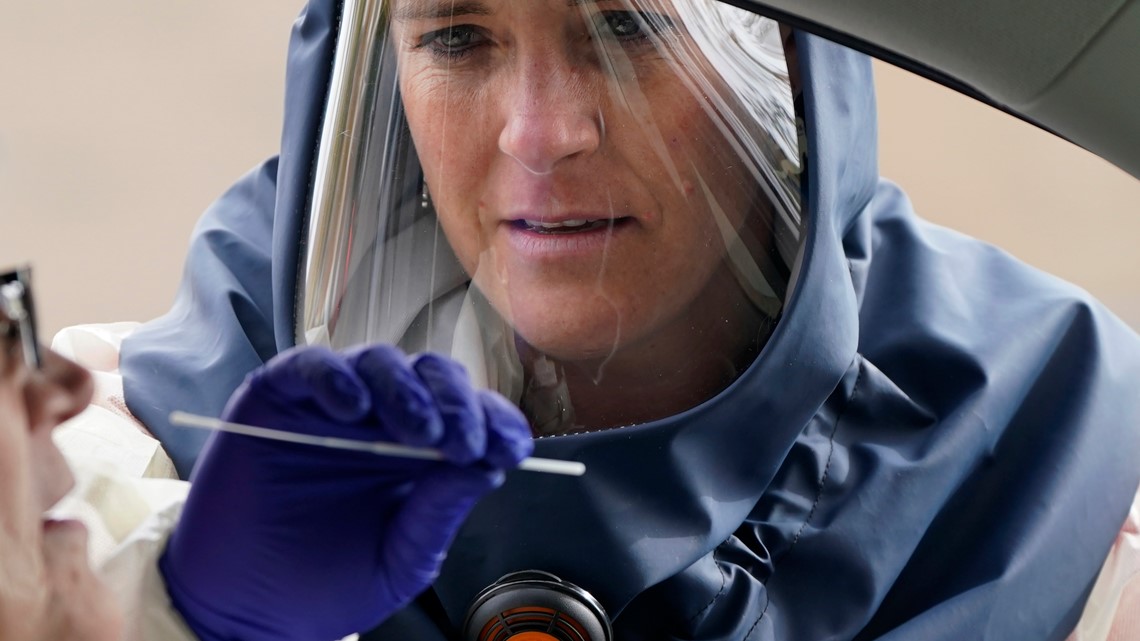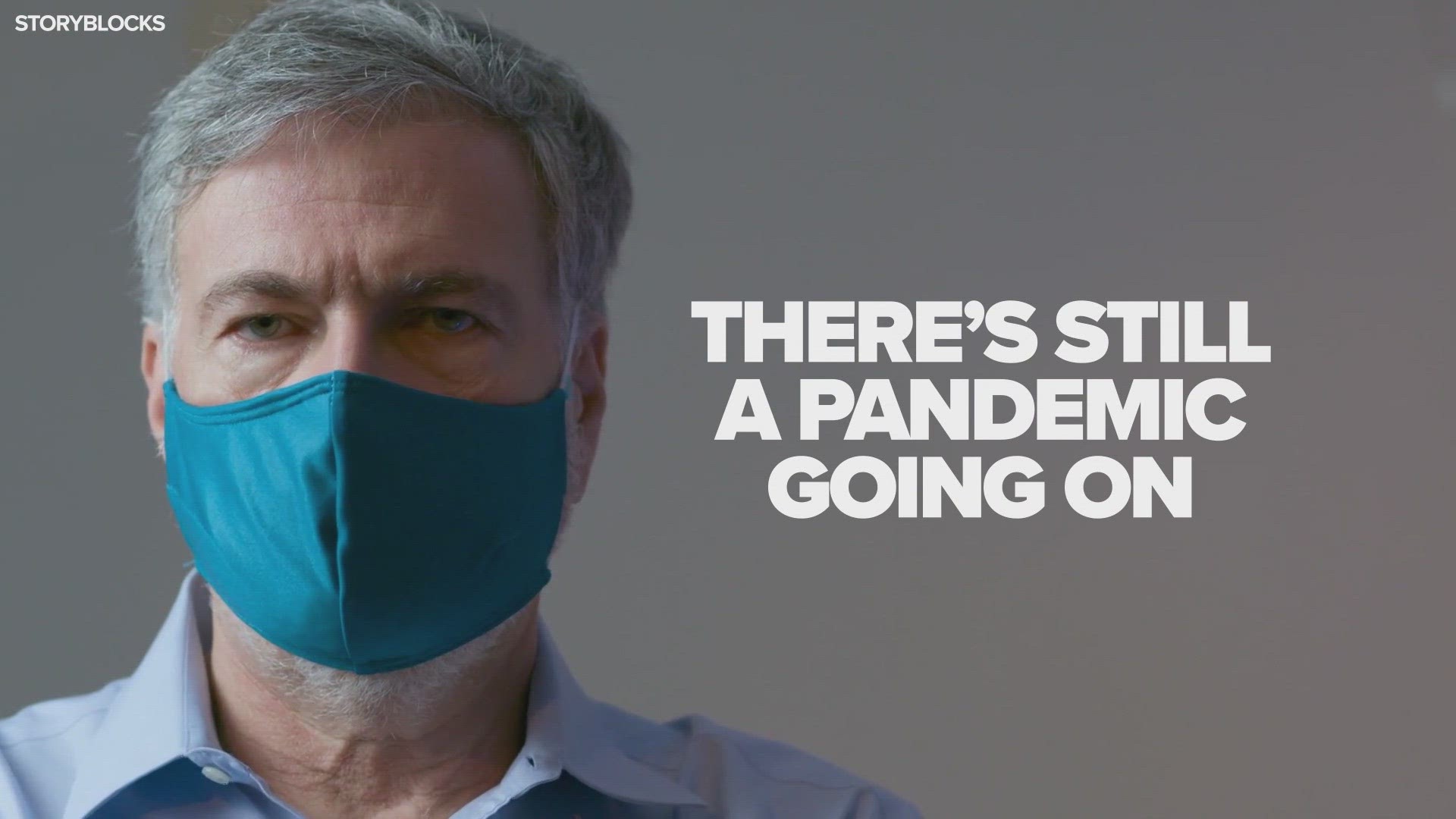December 1 marks one year since the first coronavirus patient began showing symptoms for the virus that has since paralyzed the world, according to a published study.
The first cases are known by the international medical community to have originated in Wuhan, China, but the exact origins are still unclear.
According to a study published in The Lancet in late January, the first patient began showing symptoms on Dec. 1, 2019, but their family never developed any fever or respiratory issues. In fact, researchers were unable to find an epidemiological link between who they believed to be the first patient and later cases.
The study was written by Chinese researchers who looked at the first 41 hospitalized patients with confirmed COVID-19 infections.
During a press briefing Monday, the World Health Organization committed to finding the origins to prevent similar future outbreaks.
"We want to know the origin and we will do everything to know the origin," Tedros Adhanom Ghebreyesus, director general of WHO, told reporters.
The virus eventually left China's Hubei province, before spreading to areas around the world including Europe and eventually the United States, where the first case was believed to be detected in Washington state on Jan. 20.
However, a newly published government study suggests the coronavirus may have reached the United States weeks earlier than previously thought. Researchers from the Centers for Disease Control and Prevention found COVID-19 antibodies in dozens of blood donations taken between Dec. 13, 2019 to Jan. 17, 2020.
As of Tuesday, the U.S. has the most coronavirus cases in the world with over 13.5 million. It is followed by India, Brazil, Russia and France as the countries with the most cases.
The U.S. also leads the world in the number of coronavirus deaths totaling more than 268,000. Brazil, India, Mexico and the United Kingdom fall right behind.
Worldwide there have been over 63 million cases and more than 1.4 million deaths.
Health officials fear the number of coronavirus cases could spike in the U.S. following indoor gatherings during Thanksgiving. Many areas are now facing strict new coronavirus measures to help curb the virus's spread.
However, there is hope on the horizon as several vaccine candidates await emergency authorization from federal regulators.
On Monday, Moderna Inc. said it will ask U.S. and European regulators to allow emergency use of its COVID-19 vaccine as new study results confirm the shots offer strong protection. Pfizer is also seeking approval for its vaccine and hopes to begin administering shots in the U.S. in December.
For most people, the new coronavirus causes mild or moderate symptoms, such as fever and cough that clear up in two to three weeks.
But for some — especially older adults and people with existing health problems — it can cause more severe illness, including pneumonia, and death. The vast majority of people recover.
The Associated Press contributed to this report.



